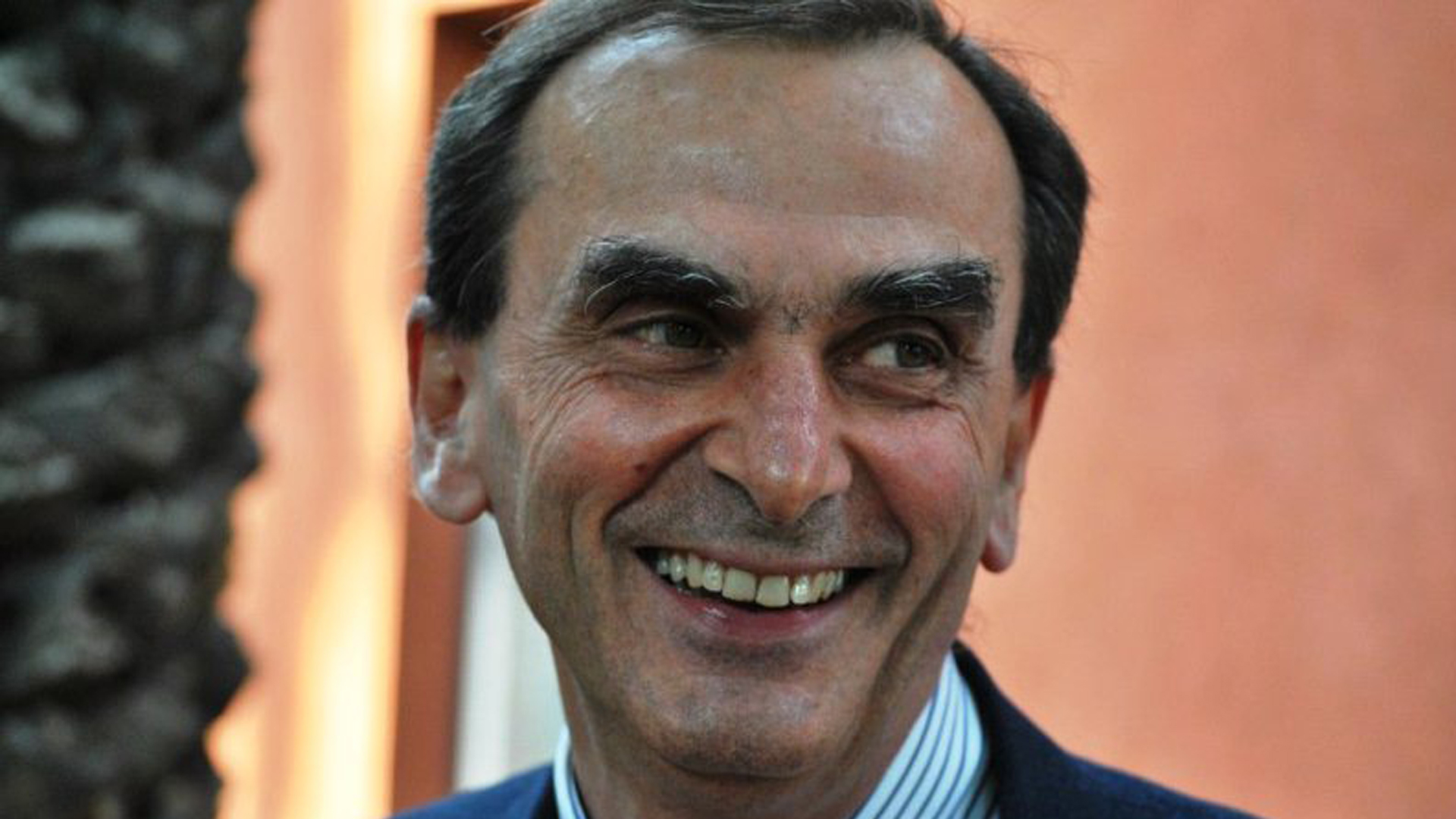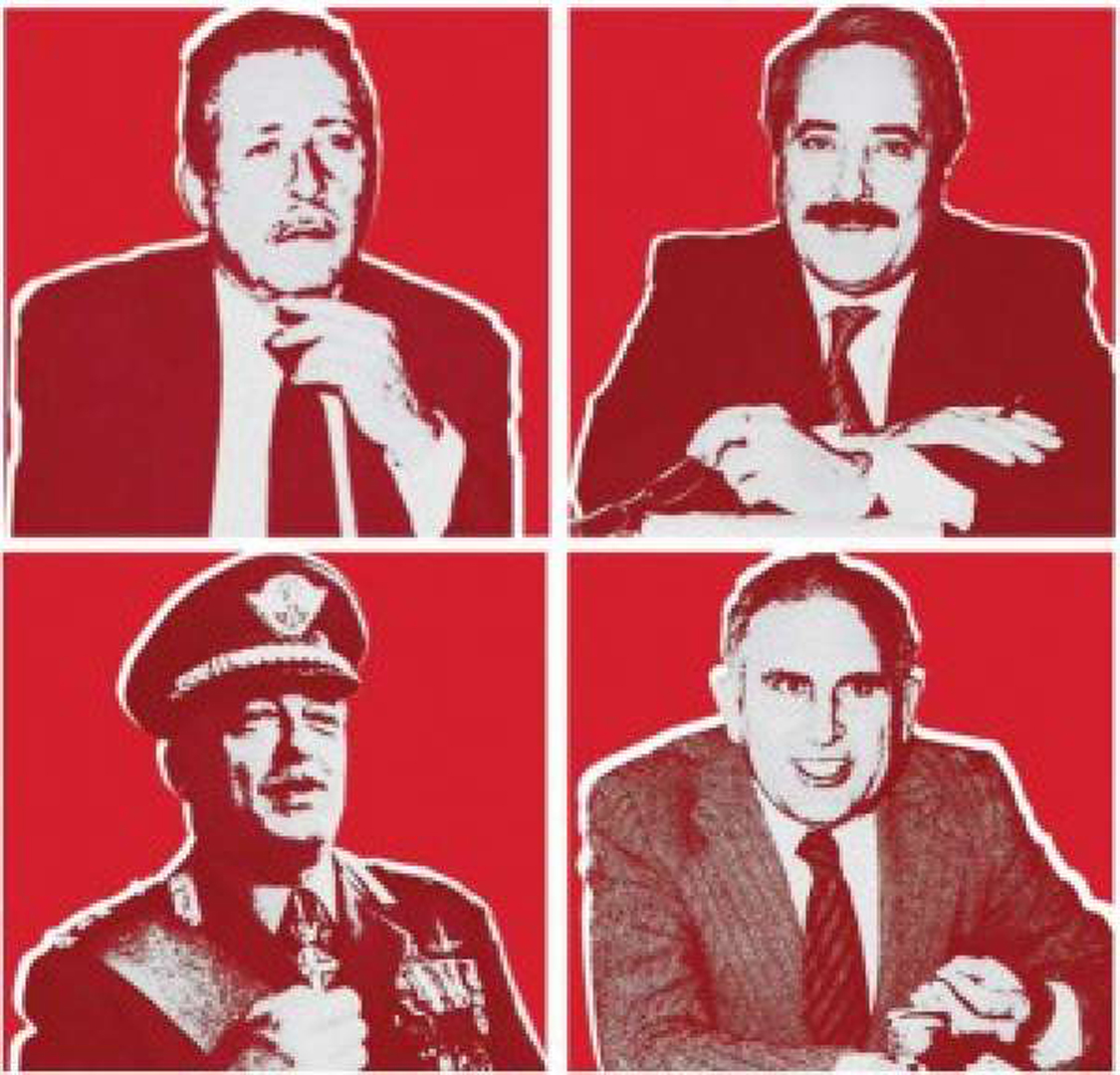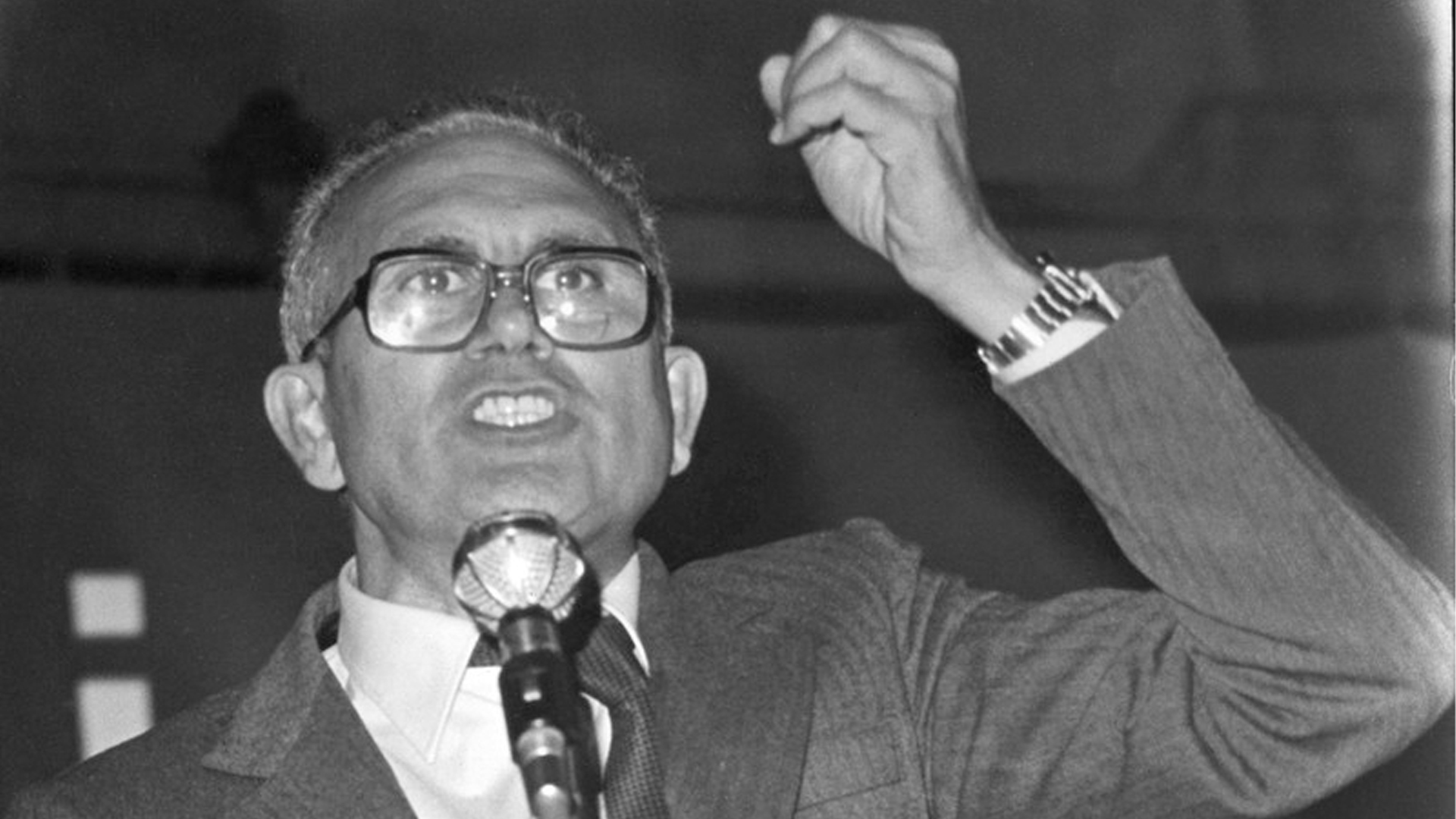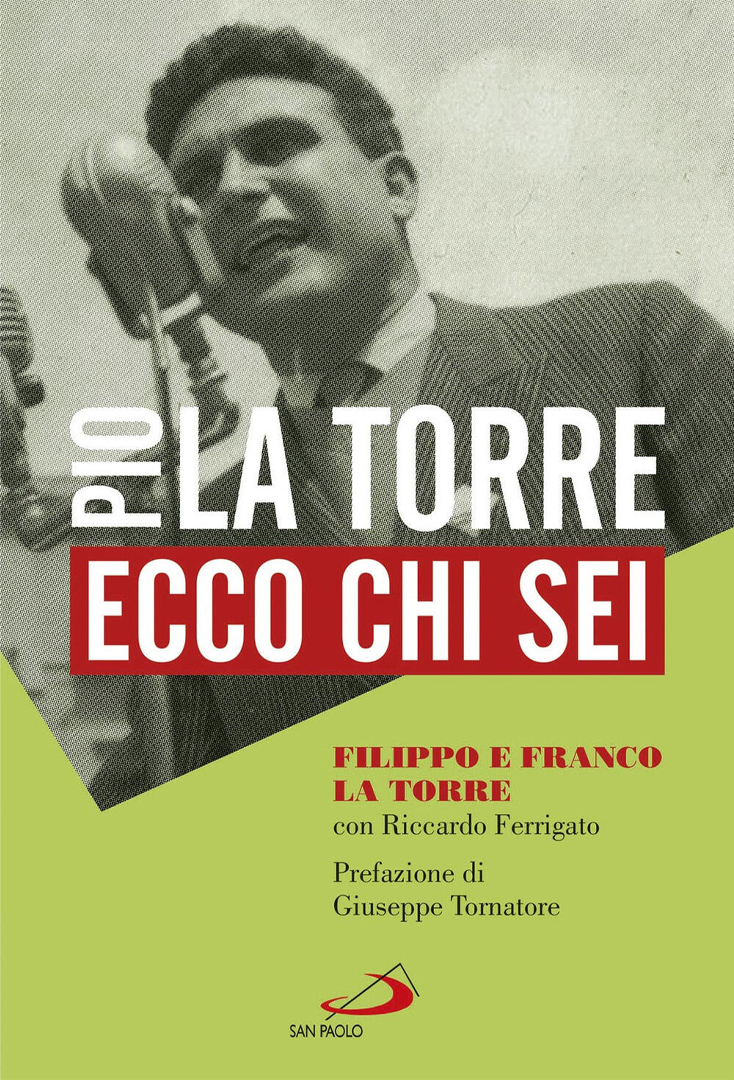On April 30, 1982, Italian Communist Party leader Pio La Torre lost his life in Palermo, Sicily. He was shot to his death along with his close friend and driver Rosario Di Salvo. A commando in the Sicilian Mafia killed the 55-year-old legislator in retribution for his unrelenting fight against the Mafia. La Torre’s high-profile political and moral figure was threatening organized crime. He had been maturing his interest in social justice since he was a young boy and established himself as a committed fighter for the rights of the weak and needy as well as against their exploitation by wealthy Sicilian landowners.
In 1982, Italian Parliament member La Torre was working on the approval of the Rognoni-La Torre law that would establish mafia conspiracy as a crime in the Italian Penal Code. He died four months before the law was approved. America Domani sat down with Pio La Torre’s son, Franco La Torre, to discuss his father - a figure completely devoted to justice. His legacy still lives on in hopes to make the world a better place for future generations. The following interview has been edited for length and clarity.

Franco La Torre (Photo credit: Salvatore Contino)
America Domani: Who was Pio La Torre? Can you give us insight into his private life?
Franco La Torre: He was a person in love with life, who always trusted others and believed in the ability of society to be actors of progress. During the mid 1960s in Palermo, he would ask me to go to a newsagent on Sunday mornings and bring him the dozen newspapers he would normally read. For me, I would get Topolino (Mickey Mouse Magazine). Once we got back home, we would spend time together reading.
AD: Can you also tell us about Rosario Di Salvo, who also lost his life?
FLT: Rosario was my father’s close friend and collaborator. Rosario had chosen to be close with my father when he was elected regional secretary of the Sicilian Communist Party in 1981. Rosario used to have another job, which he left when he learned that other party’s comrades had refused the job considered too risky.
AD: The 2022 documentary “Now It’s Our Turn: The Story of Pio La Torre '' presented last year at the Filming Italy Los Angeles Festival, was about Pio as a person, before a politican. The title of the film comes from a phrase he said shortly before his death, one that the director defined as “a solicitation to civil commitment.” Can you speak to this?
FLT: My father said those words the day after Easter in 1981, while walking with his friend Emanuele Macaluso, who shared his views on what was happening in Sicily. The political-mafia power system was exterminating the democratic ruling class of the island. The system included, among many others, the president of the Sicilian region, Piersanti Mattarella, brother of our actual Italian Republic President; judges Cesare Terranova and Gaetano Costa; Carabinieri capitano Emanuele Basile; police Commissioner Boris Giuliano; journalists Mario Francese and Giuseppe “Peppino” Impastato. He confessed his feeling to Macaluso that now it was his turn, the communists turn, to bring fairness and justice. But, at the same time, they would be the Mafia’s targets.
AD: The Rognoni-La Torre law of September 13, 1982 orders the preventive and conservative seizure of assets belonging to members of associations linked to the Mafia. Can you explain to us the importance of this law?
FLT: The law introduces into the penal code the mafioso association’s crime. The consequence is that it is impossible to deny its existence or reduce it to an anthropological phenomenon or an aspect of Sicilian psychology. Mafia is Mafia, that’s it. Moreover, it foresees investigations into illicitly accumulated assets and their confiscation. “If the Mafia’s goal is illegal enrichment,” my father used to say, “that is what we have to fight, strongly.”

(Photo credit larepubblica.it)
AD: How do you view the Mafia today and how does society combat it?
FLT: The Mafia, in its evolution, has not changed its nature nor its objectives. Secrecy, intimidation, and a code of silence - as stated in 416 bis article of the Italian Penal Code - are the Mafia association’s distinctive features. Its purpose is the acquisition of contracts and public concessions, which it pursues thanks to a relationship of mutual interest with political figures, entrepreneurship, and institutions that are unfaithful to the Italian constitution and contrary to the rights affirmed in it. Besides actions that contrast and repress those illegal activities, as embodied by the work of the judiciary and police forces, citizens play a key role in countering the Mafia: their affirmation of the right to work, to engage in entrepreneurship, to vote, protect the environment, have access to a healthy life, access information, and be safe. All of these rights are constantly violated by the Mafia. This is the key to fighting the crime.
AD: The Pio La Torre Center for Studies and Cultural Initiatives aims to preserve the social and cultural legacy of your father and share with future generations. When you meet young people in Italy, what conversations do you have?
FLT: I tell them about a poor child with no prospects except spending his whole life breaking his back like the laborers of a hundred years ago, workers who were noble landowners’ slaves and subjugated by the fascist regime! A kid whose mother, an illiterate Lucanian native, kept pushing her children to study. She was rightly convinced that they didn’t deserve a life of suffering. Thanks to his commitment and his family’s support, that child became Pio La Torre.
AD: In 2019, you were interviewed by Rai Storia and said something very striking. You stated, “Mafia victims, generally, are remembered for their death while the rest of human beings are remembered for their lives.” How do you think we should honor your father’s life?
FLT: Remember him as a young son of poor peasants - he decided to change his destiny by choosing to go to school and enrolling in university in 1945, when he was not yet 18 years old.
Barbara Benzoni
Barbara Benzoni was born in Milan and lives between Rome and Tuscany. She is devoted to USA, the land of courage and innovation. She’s Peter's super-lucky mum and Ale's wife. Cinema, art, good food and only beautiful things are the themes of her existence. With a degree in Italian literature and a Masters in Sports Management she can both enjoys books and basketball matches. In 25 years she has been organizing sport events all over the world and she’s been lucky enough to meet the greatest champs ever. Curiosity in everyday life and people are her drivers. Her personal icon is Mohammed Ali : "It's not bragging if you can back it up".


